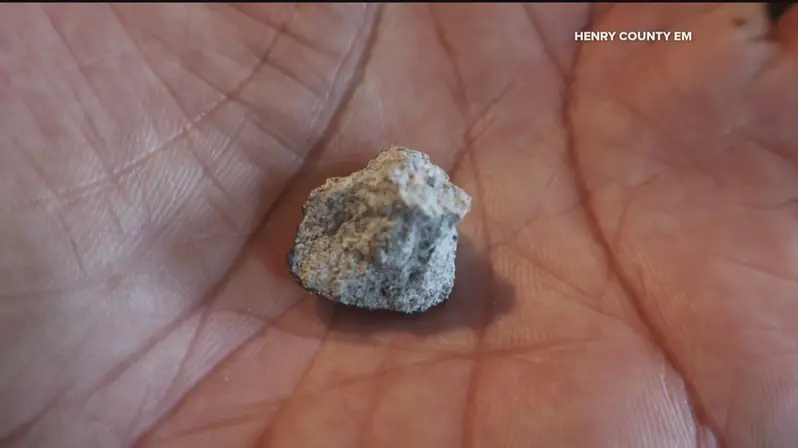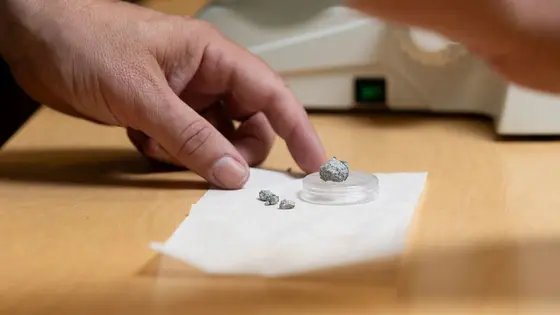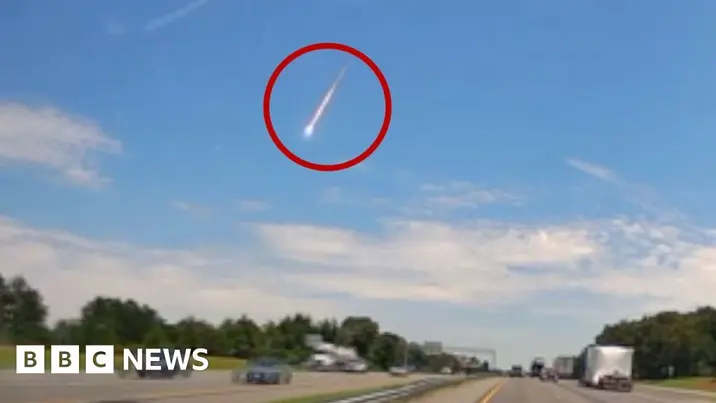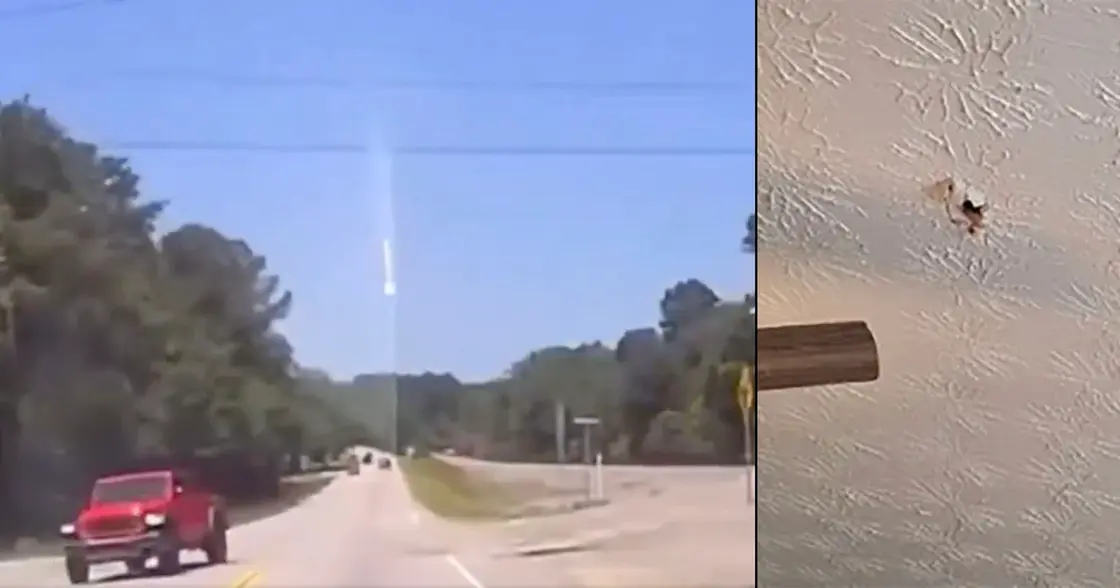T4K3.news
Meteorite Older Than Earth Hits Georgia Home
A tiny meteorite dating to 4.56 billion years ago fell through a Georgia home in June 2025.

A small meteorite dated at 4.56 billion years old crashed through a Georgia home in June 2025, offering a rare glimpse into the early solar system.
Meteorite Older Than Earth Hits Georgia Home
On June 26, 2025, a bright fireball lit the Georgia sky and a tiny meteorite tore through a home’s roof, HVAC duct, and ceiling before embedding in the floor. Lab dating later confirmed the rock’s age at about 4.56 billion years, roughly 20 million years older than Earth, and scientists categorize it as a low-metal ordinary chondrite from the asteroid belt between Mars and Jupiter. The fragment weighs just over 23 grams and the event is being linked to a larger asteroid that broke apart about 470 million years ago. The find is being referred to as the McDonough Meteorite, though the official name will require approval from the Meteoritical Society.
Key Takeaways
"This is something that used to be expected once every few decades and not multiple times within 20 years."
Scott Harris on how common these finds have become in Georgia
"27 such instances have been recovered from Georgia."
Frequency of meteorite finds in the state
"This would be the McDonough Meteorite unless approved by the Meteoritical Society."
Naming process for the meteorite
This incident blends wonder with method. It shows how modern dating techniques turn a shattered roof into a time capsule from the dawn of the solar system. The quick lab work and the attribution to an asteroid belt origin reflect a growing ability to connect tiny, everyday rocks with vast cosmic histories. At the same time, the episode raises questions about naming, classification, and how the public interprets these discoveries. Keeping science accessible without sensationalism will be crucial as more such finds surface.
Highlights
- Tiny relic from the dawn of the solar system.
- Science keeps time with rocks from the sky.
- A cherry sized messenger from the solar system.
- The sky writes history in a broken ceiling.
Science keeps turning the sky into a classroom.
Enjoyed this? Let your friends know!
Related News

Meteorite from asteroid belt hits Georgia home

Meteorite found in Georgia home dates back to origins older than Earth

McDonough meteorite predates Earth

Georgia meteorite older than Earth identified

Ancient meteorite found in Georgia ages older than Earth

Meteorite found in Georgia

Georgia home meteorite dates to 4.56 billion years ago

Meteorite in Georgia older than Earth
